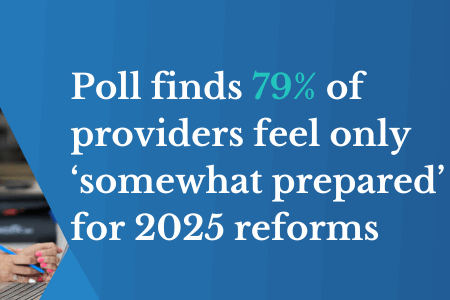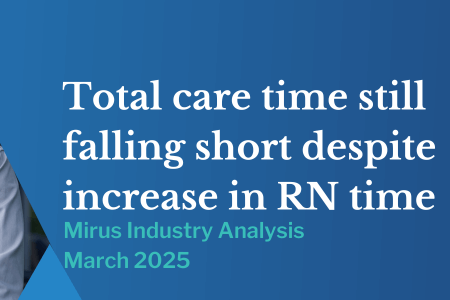Robotics trial proves a success
February 17, 2015 | Technology

Staffing the residential aged care facilities of the future could prove to be a difficult task given the lower number of expected workers, but help could come from an unexpected area.
The robotics industry advances every year – with the applications seemingly limitless – as every sector from defence to retail looks to take advantage of these machines. Aged care could be one such sector to go robotic over the next few years, as another trial has proven a success.
The Regis PARO trial
When someone says the word robot, a seal may not exactly be the first thing that comes to mind – but it could be shortly thanks to a successful run of the PARO robot in Regis aged care facilities.
PARO is a small robotic seal designed to ease patients with dementia by helping with agitation, wandering and even aggression. It's the size of a cat and weighs almost 3 kg. It also includes a range of sensors that can detect sound, light, heat and touch, as well as movement.
The robot works by reacting to changes detected in mood, touch and even vocal commands.
Inventor of PARO Takanori Shibata visited Regis to find out about the trial in January and was pleased to discover that PARO had surpassed expectations.
The results indicated that residents using PARO had a 52 per cent increase in wellbeing on average. In addition, the need for medication and staff intervention deceased.
"We'll give PARO to a resident and they will start talking and singing to the seal," explained Tracy Laethaisong, the managing director of Regis.
"That encourages them to talk to other people and it'll brighten their mood. We have found agitated behaviour and wandering habits by trial residents to have reduced since PARO was introduced. Regis is extremely excited about the results and the positive effects PARO has had on both residents and staff."
It's easy to see how PARO could play an invaluable role in the aged care facilities of the future, especially as workers become even more stretched for time.
Having a number of robots available to comfort residents could allow facilities to function with a smaller number of staff, thus relieving the pressure of skill shortages.
PARO certainly won't be the only robot in future aged care facilities, but it could be one that provides much-needed care for those with dementia.
What do you think are the biggest opportunities for success in the aged care industry today? Please contact us and let us know!


